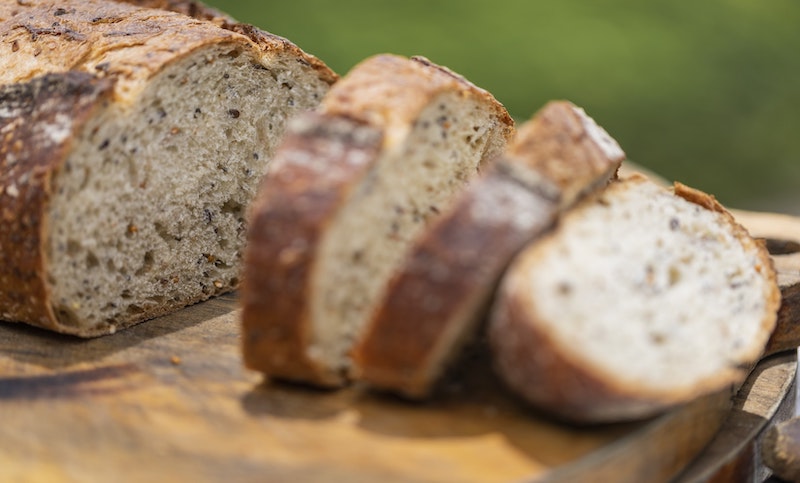10 bladder health superfoods you should incorporate in your diet
10 bladder health superfoods you should incorporate in your diet

Over the last few weeks, we have been uncovering some of the best diet tips to keep the kidneys healthy, as well as great diet tips to help treat an enlarged prostate. This week our focus is on the bladder.
Check out some of the best bladder health superfoods that you should incorporate into your diet as well as other ways you can care for your bladder.
What is the bladder?
The bladder is located between the pelvic bones and is a hollow, muscular organ which expands like a balloon as it fills with urine. While you cannot control your bladder function, there are lots of things you can do to maintain its health, to avoid a number of urological conditions such as urinary incontinence, overactive bladder and cystitis.
10 bladder friendly superfoods
If you have a sensitive bladder, you should consume foods work to soothe the important organ, rather than irritate it. The following foods would be a great incorporation to your diet.
- Pears
- Green Beans
- Squash
- Bananas
- Eggs
- Lean Proteins such as low-fat beef, pork, turkey and chicken.
- Potatoes
- Breads
- Nuts
- Whole grains
Foods which may irritate the bladder
While you don’t have to cut the foods you love from your diet completely, the following foods can irritate the bladder. If you have a sensitive bladder try to cut back on the following foods and consume them in moderation.
- Carbonated drinks
- Coffee
- High-caffeine tea
- Citrus fruits including oranges grapefruits, lemons and limes
- Fruit Juice
- Chocolate
- Alcohol
- Tomato-based products
- Garlic
Other ways to maintain bladder health
Besides diet, there are a number of easy ways you can look after your bladder. Some of these things are very simple lifestyle changes. If you have a sensitive bladder, consider the following:
- Manage medications which can irritate the bladder. This includes high blood pressure drugs, sedatives, heart medication, antihistamines, muscle relaxants and diuretics.
- Quit smoking
- Increase regular physical activity to improve bladder control
- Minimise constipation through regular fluid intake, high-fibre foods and physical activity
- Maintain a healthy weight to reduce pressure on the abdomen and bladder
- Manage chronic coughs and colds which make bladder irritation worse
Interested in learning more about bladder health? Check out some of other blog posts:
Effective treatments for stress incontinence
Treatment options for overactive bladder
What the colour of your urine could mean
While a healthy diet benefits you in more ways than one, it can help you to protect your bladder from damage and irritation. It is always important to talk to a trusted professional when it comes to your health. If you have any questions about the bladder and urological health, or if you would like to book an appointment, please feel free to contact or call Dr Arianayagam’s office on 1300 307 990, and his staff will be happy to assist.

The Benefits of Drinking Water for Urological Health: Do You Really Need 8 Glasses a Day?
We’ve all heard the advice: “Drink eight glasses of water a day” But is this rule as important as it…

Protect Your Kidneys: Simple Habits for Better Health
Keeping your kidneys in shape is vital for reducing the risk of chronic disease. Check out some of our top…






